Poverty: Who Is Responsible
Pakistan ranked at the world’s 26th largest economy. Pakistan’s mango production is the Fifth largest production across the world and it is the eighth position holder for the production of rice, and ninth in Wheat production. Pakistan is on tenth rank in Orange’s production and ranked twenty-fifth in the world in terms of overall agricultural production. Pakistan’s wheat production is more than the continent of Africa and is equivalent to the production of entire South America. In terms of industrial production, Pakistan is ranked ninety-five and ranked fourth in term of coal reserves; while it has the seventh largest copper reserves. Pakistan is the only Islamic and the world’s seventh nuclear power. After studying the above statements about the Pakistan any one could say that Pakistan will be an economically strong country but unfortunately Pakistan is one of the country included in extreme poverty. Poverty is not a new phenomenon in Pakistan as every third Pakistani is caught in the ‘poor’ bracket, i.e. some 58.7 million out of a total population of 180 million subsist below the poverty line. According to a World Bank report, World Development Indicators 2013, 60 percent of Pakistan’s population lives below the poverty line. The international poverty line is two dollars a day or an income of Rs 200 per day. The report showed that 21 percent of Pakistan’s population lives below $ 1.25 per day, and a larger number lives under two dollars a day. According to SDPI’s (Sustainable Development Policy Institute) study on poverty in Pakistan revealed that every third Pakistani is living his life below the poverty line. Baluchistan which is considered as the land of mineral is facing a serious issue of poverty, 52 % of total population in Baluchistan living below the poverty line, 33 % of Sindh population are living below the poverty line followed by KPK having 32 % ratio. Punjab which is considered as the urban area also having 19 % population which are living below the poverty line.
According to the World Bank, Poverty is hunger. Poverty is lack of shelter. Poverty is being sick and not being able to see a doctor. Poverty is not having access to school and not knowing how to read. Poverty is not having a job, is fear for the future, living one day at a time. Poverty is losing a child to illness brought about by unclean water. Poverty is powerlessness, lack of representation and freedom (World Bank: 2009).This definition well defines the today’s condition of Pakistan. If we would start observing around us or in our own city we came to know that how many people are suffering from hunger every day. Every third person is beggar in Pakistan, child labor is very common, in every hotel, especially in (dhaba) you will find child serving and cleaning the tables. There are many people especially who are driving donkey cart or most of the time they themselves are becoming donkeys and driving carts to stay alive. In addition to this, children without cloths, barefooted people, ill people, homeless people, drugs abusers, thief’s, these are the people we easily find on every footpath, every flyover, every street, every highways and subways, outside every hotel. These people can not avail one meal for a day, to keep themselves alive they search food from the dustbins. The source of water is same for these humans and animals or you may say that there is no difference between these people and animals
These poor people are dying because of diseases and starvation, there is no one to help them. Education and health stay very far away from them or we can say that they even don’t know them, health and education facilities are made for rich people in Pakistan. Who is responsible for the poverty, poor people or the government? In my point of view government is solely responsible for the today’s condition of the poor people because it’s the state responsibility to provide free education, health and job opportunities for the people. Instead of providing the above mentioned facilities government pressurized the poor people to evacuate the houses in some areas without thinking what these people will do or where they will reside. Poverty is the result of capitalist society and globalization where poor become poorer and rich become richer day by day. Pakistan is capitalist state and government has no control over it. As Pakistan is a capitalist state the economy of the country resources or the money is circulated among some specific people or on specific hands. These capitalists have the resources and opportunities to produce products and used the products for their own comfort-ability and profit. They keep the worker in minimum salaries that will hardly provide the family a meal in a day and the capitalist earns millions from it. In this way the existence of inequality in distribution of wealth continues. Capitalism provide some benefits as well for example, allocation of resources, production, and provision of opportunities for the people but this would be only suitable in developed countries or the countries where law and order are strictly followed. Capitalism is more than a curse in a country like Pakistan where the policies, law and order are just for the sake of saying or made for the poor people and government has no control over the illegal means of production.
Feudalism is the second name of capitalism which exist in Pakistan more than any country. More than half of the agricultural land of Pakistan is in the hands of landlords they enlist the services of their serfs to perform the labor and in return they will get just two to three times of meal in a day, small amount of products, or very less wages. Furthermore globalization provide opportunities for the people, yes no doubt it is but the question here is to whom it provides opportunities and resources. In my opinion it provide opportunities to these capitalist’s that they will further made the capitalist society stronger so that there will be no poor person because of hunger and illness. It helps in eliminating poor people through starvation instead of eliminating poverty through proper distribution of resources and opportunities.
Furthermore patriarchal society and gender discrimination is also a major cause of poverty in Pakistan as well as globally. Female have no or low share in earnings because they are not allowed to work outside home and due to this they are more vulnerable to poverty. Poverty could be reduced if women are given the equal opportunity as men in domain of education, health and professional work.
There are NGOs working for the production of poverty but from my point of view this doesn’t help in permanently eliminating the poverty from the country. NGOs helps a specific group of people or working in specific areas this doesn’t help in reducing the poverty they just helping in reducing hunger for couple of years. They just help people for specific time period without thinking that what these people will do when these time period will finished.Government also rely on the NGOs for fulfilling its task and in this way people suffers. It is the government responsibility to provide free education, health, shelter, food and employment opportunities to citizens. There should be equal distribution of resources among the citizen and there should be laws, rules and regulation for private properties so that class difference should be minimized to some extent. For poverty alleviation and gender development there is need of policy formulation focused on women empowerment in the fields of education, employment, decision-making and providing legal, political, economic and social rights to women.
Posted on September 21, 2015, in Uncategorized. Bookmark the permalink. 1 Comment.
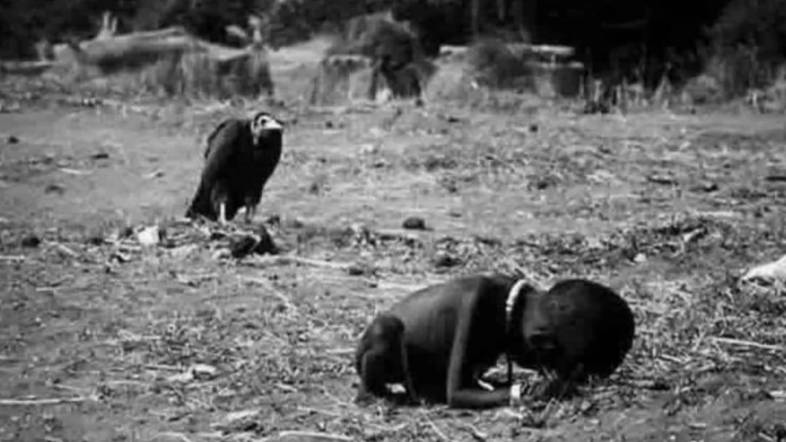
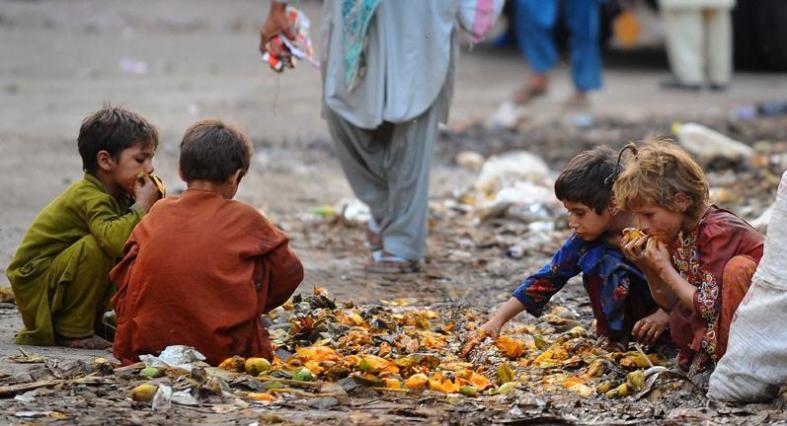
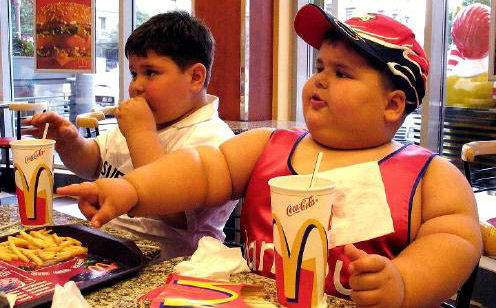
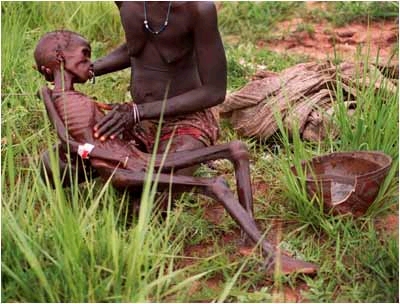
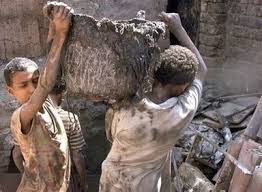
Hey Shazia, wonderful blog and nice articles. Keep up, and proud of you!
Sher Shah
LikeLike